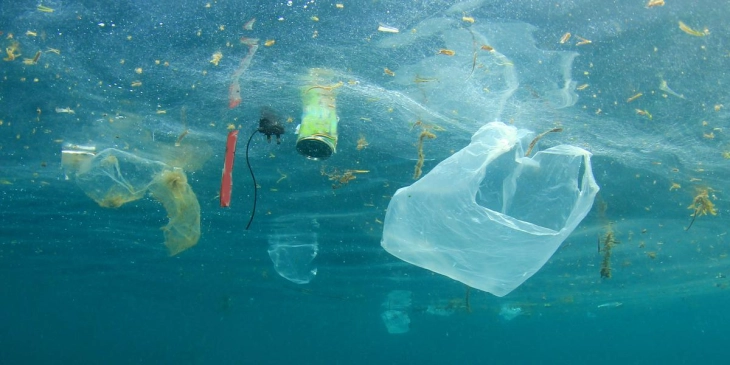The Kenyan capital, Nairobi, is set to host the third round of negotiations among representatives from UN member states starting on Monday. The primary objective is to finalize a globally binding agreement aimed at significantly reducing plastic waste.
The overarching goal is to mitigate the adverse impacts of plastic pollution on both the environment and human health through the establishment of a comprehensive international accord.
Plastics Europe, the plastics manufacturers’ association, reported a staggering global plastic production of 400.3 million tons in 2022, marking a twofold increase from 2002. Despite a rise in the use of bio-based and recycled materials, over 90% of this production still relies on petroleum-based sources.
A critical concern is the protracted life cycle of plastic, with decomposition taking centuries once the material is produced. Shockingly, from 1950 to 2018, 76% of generated plastic waste ended up in landfills or the environment, according to scientific findings.
The oceans bear a significant burden, accumulating an estimated 4.8 to 12.7 million tons of plastic waste annually, causing harm to ecosystems through microplastics and the release of toxic chemicals.
The UN Environment Program projects an 80% reduction in global plastic pollution by 2040. In March 2022, representatives from over 170 countries committed to reaching an agreement on addressing the plastic issue.
This comprehensive agreement aims to establish binding measures throughout the entire life cycle of plastics. From production quantities and material design to waste disposal and recycling, the focus is on regulating plastic use without outright demonization or prohibition.
The ongoing negotiations, following earlier meetings in Uruguay and France, represent the third of five rounds. A summit in mid-2025 is anticipated to finalize the agreement. However, numerous challenges lie ahead, including the definition of the agreement’s scope, the establishment of legally binding targets, and the extent to which production limitations will be imposed.
Divergent interests are evident, with oil-rich nations advocating for an emphasis on recycling processes rather than production restrictions. Disagreements persist on financial responsibilities, with developing countries expecting support from industrialized nations to cover the associated costs. The path to a global consensus remains intricate and requires resolution on various fundamental questions surrounding the plastic waste crisis.





Comments are closed for this post.